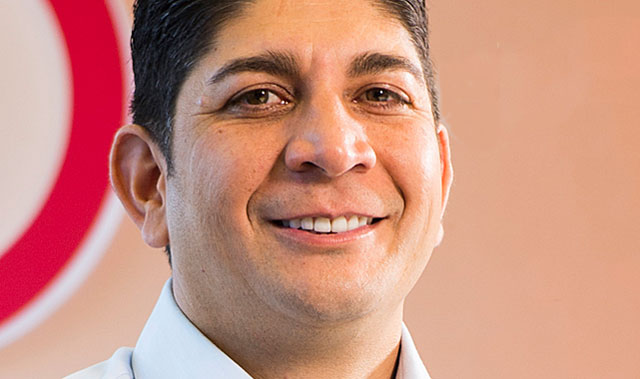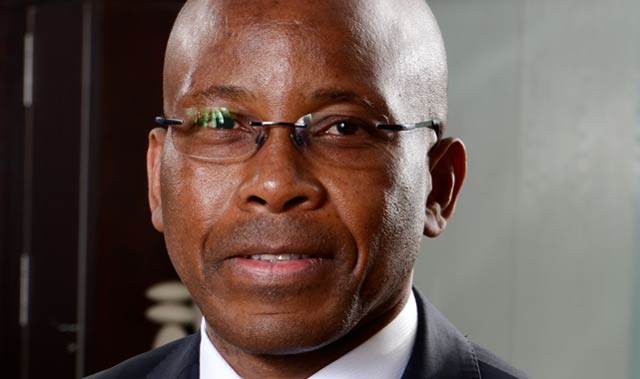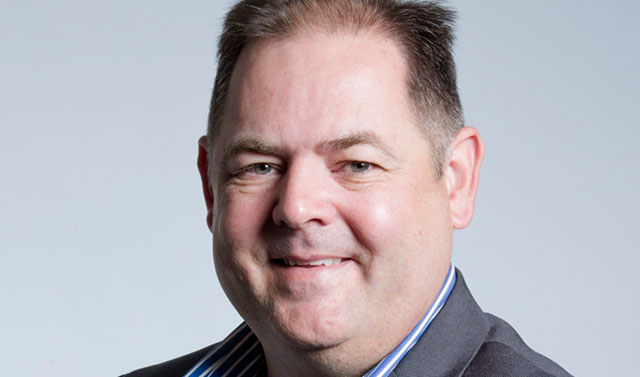
South Africa’s two biggest mobile operators, Vodacom and MTN, have welcomed the decision by communications regulator Icasa to press ahead with a plan to license mobile broadband spectrum through an auction process.
Icasa surprised the market on Friday by announcing it would accept applications from operators interested in taking part in the auction, which would happen in January 2017, with licences to be issued in March 2017 or thereabouts.
The move was surprising, especially because it was expected that Icasa would wait until government, through the department of telecommunications, published the integrated ICT policy white paper, a precursor to new legislation that was expected to deal with spectrum licensing. The white paper had been promised by the end of March 2016, but was not published. The delay may have prompted Icasa to forge ahead without it, especially in light of the fact that operators require urgent access to new spectrum.
Vodacom CEO Shameel Joosub said in e-mailed comments to TechCentral that he welcomed the announcement.
“This is a major progressive step for the economy, South Africa’s telecoms industry and the country as a whole,” he said.
“The allocation of spectrum will be transformative from a broadband access perspective and is expected to make reaching the goals set out by government’s South Africa Connect [broadband] policy more achievable.”
Joosub said data demand continued to grow exponentially while technology was advancing beyond what operators such as Vodacom could deliver with available spectrum. “There is no doubt that greater access to spectrum will give South Africans faster speeds, wider access to LTE coverage and, inevitably, lower data pricing.”
But, he said, the invitation to apply from Icasa included “some tough asks”. Of these were the minimum connection speeds that had to be attained across South Africa by 2020 and the need for each successful spectrum licensee to support three mobile virtual network operators (MVNOs) in an “already highly competitive market”.
“Generally speaking, it follows that the more obligations that are imposed on winning bidders, the greater the impact this will have on prices realised through the auction process,” said Joosub.

Meanwhile, MTN South Africa CEO Mteto Nyati said in e-mail remarks that the “progress made by Icasa” was to be welcomed.
“Adequate frequency spectrum is often considered the lifeblood of a mobile communications company and, equally, the availability of frequency spectrum is a very important factor in rolling out a national mobile network,” said Nyati.
“In a very competitive market, spectrum auctions are a viable mechanism to ensure that spectrum is used as effectively and efficiently as possible,” he added.
“Benefits of auctions are that regulators are seen to act in a transparent manner. In that respect, there is significant research and literature that indicates that an auction is the most optimal approach for a regulator to take when licensing spectrum. As a result, the use of auctions in licensing high-demand spectrum is a valid, robust, and tried and tested approach.”
Nyati said that in the absence of access to new spectrum band, MTN was densifying its network by rolling out further base stations and re-farming its existing spectrum holdings to support LTE.
“This exercise has limitations. Re-farming of existing frequency spectrum holdings also need to be done carefully so as not to degrade existing services,” he said.

Tim Parle, senior telecoms consultant at BMI-TechKnowledge, said the mobile network operators were likely to argue that the 5MHz channel bandwidths offered in the 700MHz and 800MHz bands (known as the digital dividend) were too narrow and restrictive to offer high-speed services, especially in light of an Icasa requirement that they offered 15Mbit/s minimum downlink connectivity countrywide. “However, they do align with … auctions in France, the UK and other countries.”
Parle said a reserved “Lot A” of spectrum – which would only be awarded at a later date through a separate process – would take the lion’s share of the valuable digital dividend spectrum. “There is no explanation why Lot A will be treated separately, and how and when the process for this will work and take place,” he said.
The requirements for a R3m application fee and a R100m guarantee “show that this is a game which will have a few players”, he added. — © 2016 NewsCentral Media
- See also: Icasa auction could ruffle political feathers
- See also: R3bn reserve price in spectrum auction




